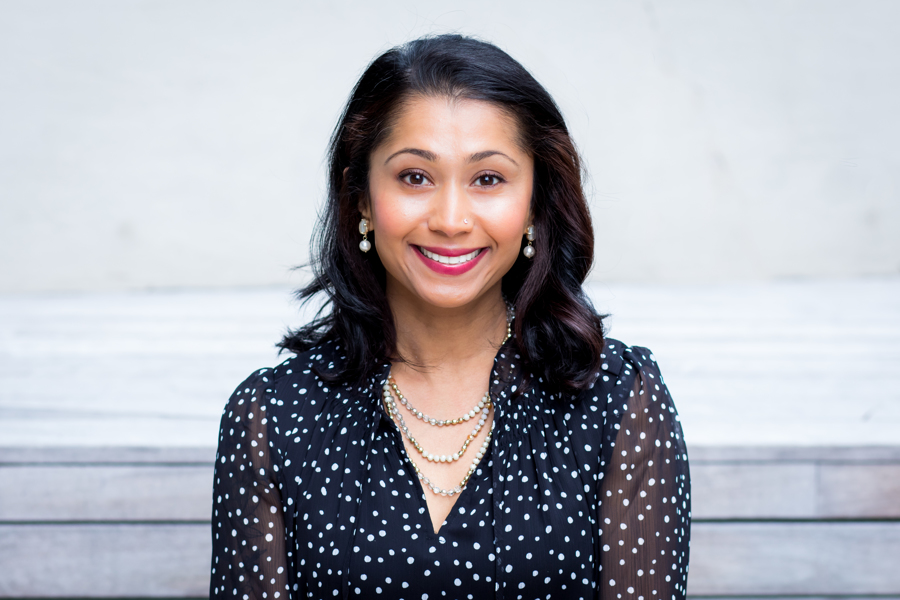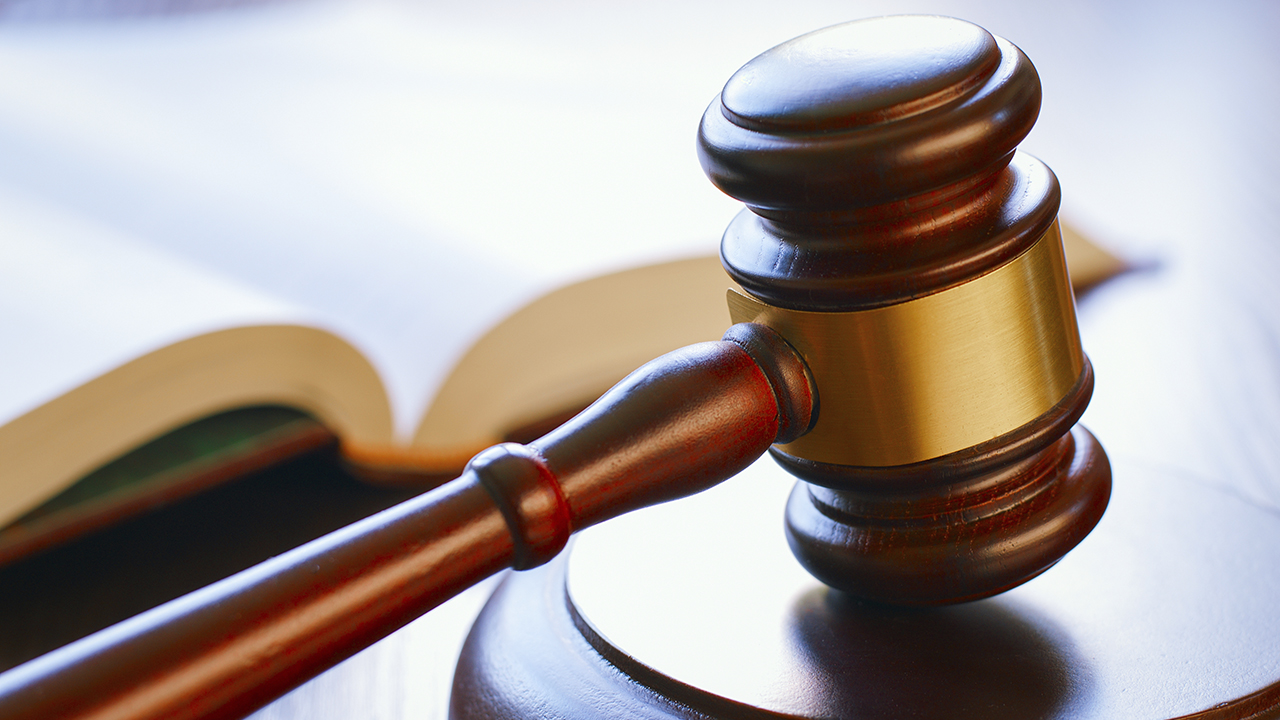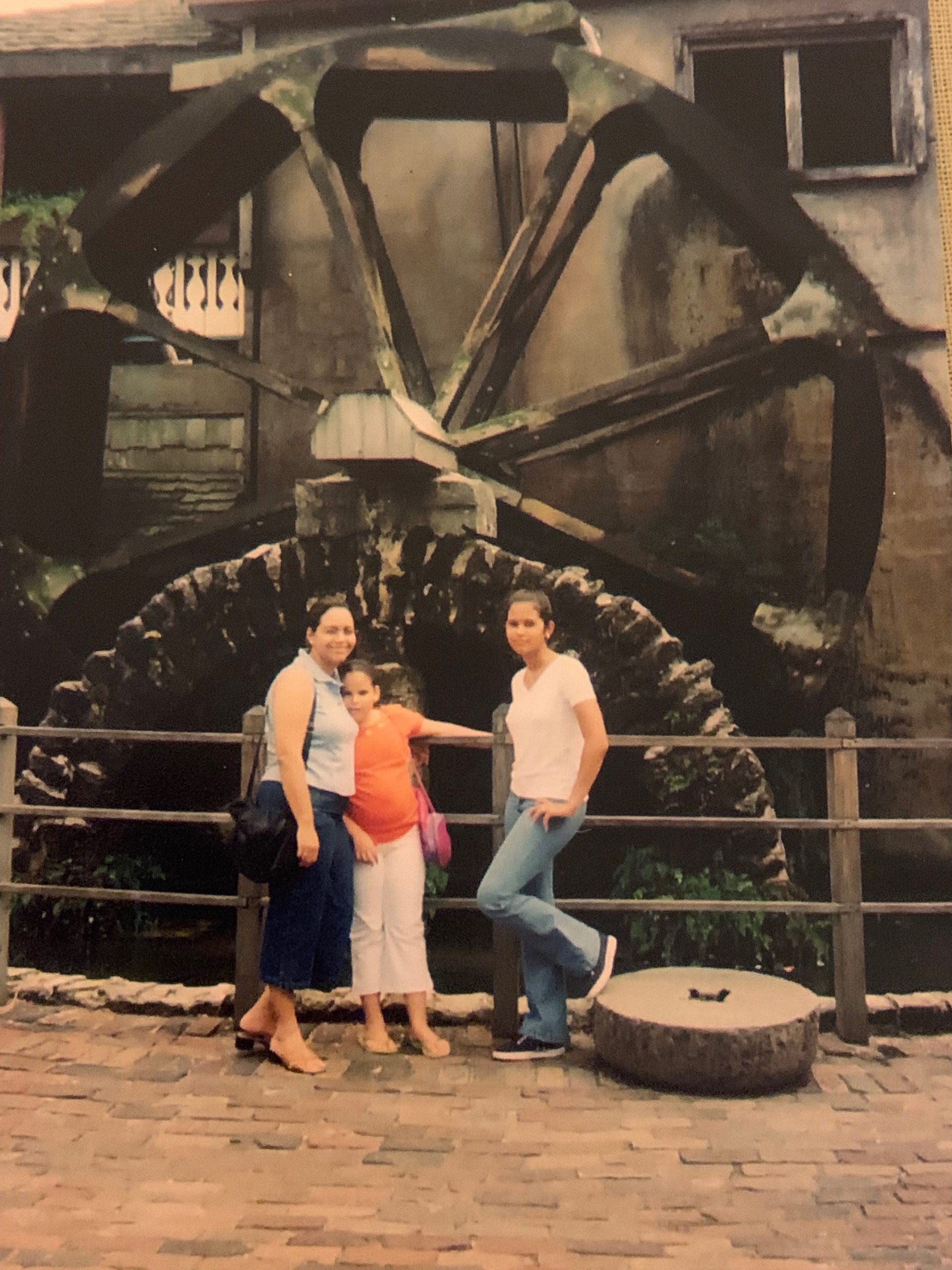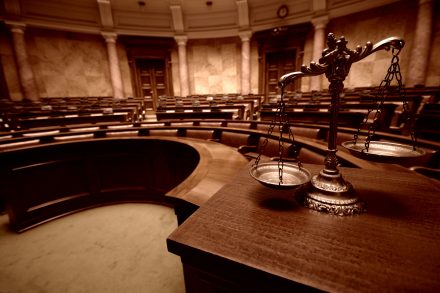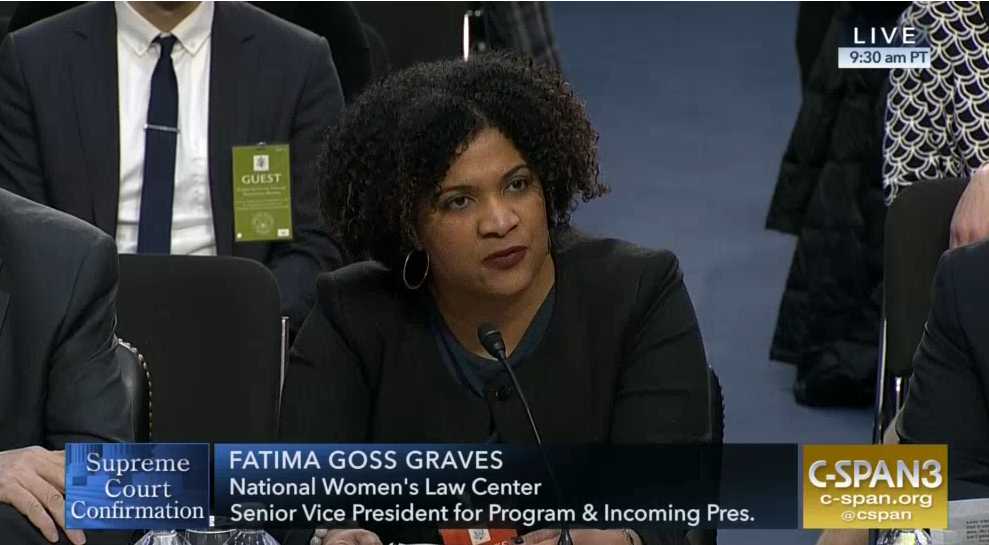Why the Supreme Court’s Case Mahmoud v. Taylor About Inclusive Curricula Matters to Me—And Should Matter to You
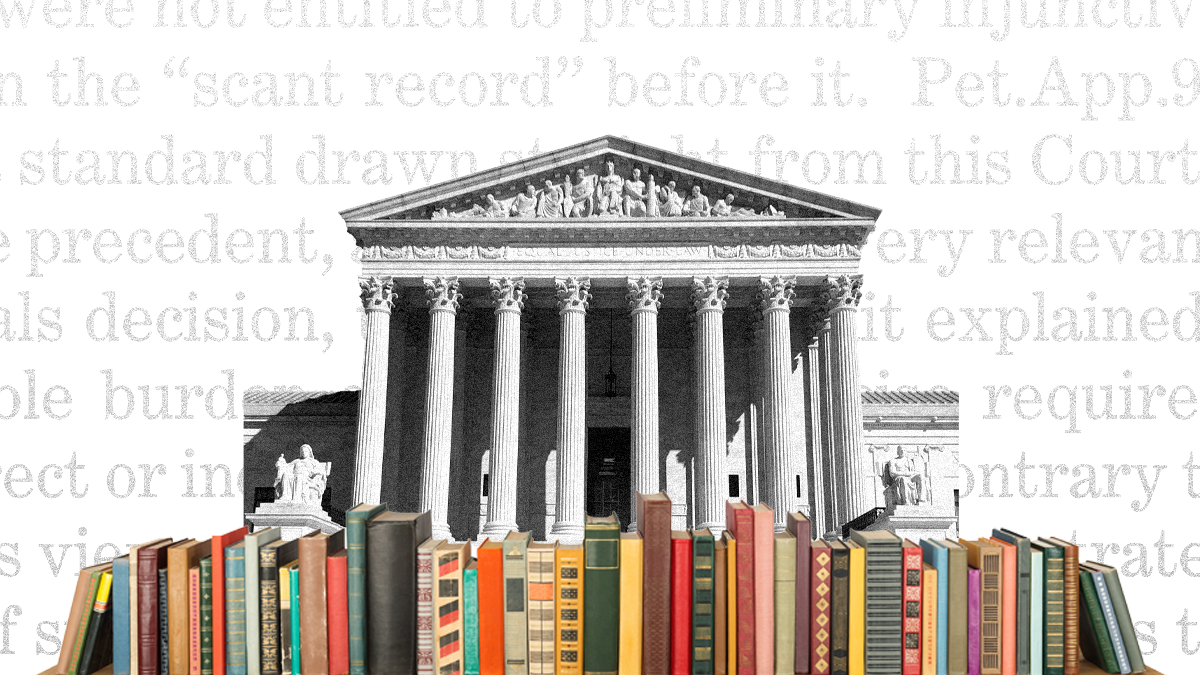
On Tuesday, April 22, the U.S. Supreme Court is hearing Mahmoud v. Taylor—a case that goes far beyond legal arguments and into the heart of what it means to build inclusive, affirming public schools, particularly for LGBTQIA+ students.
The case, about LGBTQIA+ inclusive curricula in schools, was brought by a group of parents whose children attend Montgomery County Public Schools (MCPS) in Maryland. The parents are represented by the Becket Fund for Religious Liberty, a religious right group that has vigorously advocated against reproductive freedoms and LGBTQIA+ rights. They argue that their First Amendment right to religious exercise is violated because MCPS does not allow them to opt their children out of storybooks that feature LGBTQIA+ characters.
As someone who grew up in the MCPS system—and now has children in it—this case hits close to home. It’s personal. In fact, I chose to raise my family here because of its richness in diversity and openness to people of different backgrounds and identities.
Before moving to Maryland, I lived in another state where the neighborhood I lived in and school I attended were predominantly white. I felt invisible. As a brown child from an Indian immigrant, Hindu family, I rarely saw anyone who looked like me, spoke my family’s language, ate the same food, or practiced the same faith and cultural traditions. I felt isolated from my differences, and not in a way that felt empowering or good.
When my family moved to Burtonsville, Maryland, everything changed. I was 7 years old, and for the first time, I felt what it was like to belong and didn’t feel ashamed of my differences. The schools I attended were racially, ethnically, religiously, and socioeconomically diverse. I was surrounded not just by other Indian and Hindu students, but by other Black and brown students, and classmates who were Jewish, Muslim, Christian, and Sikh, and whose families came from Mexico, Pakistan, Ethiopia, Philippines, Guyana, Korea, Nigeria, and so many other places. That diversity didn’t just make me feel seen and proud of my identities—it helped me see others more fully. It shaped me into someone who values connection across difference.
That’s why I wanted my children to grow up in the same school system. And that’s also why this case hurts. Because it turns a school system I love—one that helped me find belonging—into a battleground for division. And the Supreme Court’s decision in this case could have sweeping consequences not only for the future of education inclusive of LGBTQIA+ identities, but for how religion is used to restrict curriculum and erase learning about different identities.
But it’s important to say this clearly: The parents who brought this lawsuit do not speak for all people of faith—not even their own.
Many faith leaders and religious groups, including Muslim organizations, have spoken out in favor of inclusion, challenging the idea that their religions demand LGBTQIA+ exclusion. Their advocacy shows that belief is not monolithic, and that faith and support for LGBTQIA+ dignity can and do coexist.
Because this fight isn’t just about storybooks, or even religion. It’s about whether all children—no matter who they are or the families they come from—get to feel seen, safe, and valued in their classrooms. And this fight is about whether public education remains a place where we teach empathy and understanding of people different from us, not fear and exclusion.
MCPS helped me feel like I mattered. Every student deserves that—no matter their background, identity, or family. That’s what’s at stake in Mahmoud v. Taylor.
And that’s why the National Women’s Law Center proudly joined Lambda Legal’s amicus brief along with the Leadership Conference on Civil and Human Rights and PFLAG in support of inclusive public education.

